This blog post reports on the progress of the CEL-Fusion Funded project Assessing Undergraduate Research Assistants’ Learning through Participatory Methods (AURAL).
The Undergraduate Research Assistantship (URA) is an institutional programme run by BU’s Research and Knowledge Exchange Office (RKEO), which furnishes academics with the financial means to hire a part-time (spring cohort) or full-time (summer cohort) research assistant who works between 75 and 225 hours on the academics’ research projects. This scheme runs twice a year and this year alone attracted 95 applications from academics with the most diverse projects.

Student researchers plan their diaries’ content over pizza and snacks.
Interventions that use a ‘students-as-researchers’ pedagogy, where undergraduate students are involved in research-intensive projects, are increasing in the UK (Walkington, 2015) and internationally (Healey, 2014). BU’s URA programme is an apposite case study given its arrangements of paid research placements, which position the scheme as both research-based and work-based learning. This research contributes to the burgeoning literature on students-as-researchers through its employment of a dialogical participatory research design whereby students actively self-monitor their evolving learning when working on a research project. Through the use of reflective diaries and participatory sessions, students engaged in the process of evaluating the impact of this university-wide scheme.
In this endeavour, RKEO and CEL worked closely to embed the research into the scheme. We matched a participatory planning session for those students taking part in the research with the induction for the entire cohort of URA, so that the timing would be convenient for the majority of them. In addition, the research was run in parallel with their URA placements, and the necessary adjustments were made when students continued working beyond their URA contracts.
The preliminary results of AURAL were reported during CELebrate, through a session that provided a link with other colleagues interested in fostering research-based learning and its university-wide implementation. Twelve students from the spring cohort agreed to take part in the research, but only 7 wrote at least one diary entry and 3 made it to the closing session. All students who agreed to take part are being invited for an in-depth interview, while 17 new participants have been recruited from the summer cohort.
For a flavour of the passages coded under ‘research skills’ gained by participants, see the quotes below:
I learnt how to successfully collect various forms of offline data in order to provide some background data for a study. I have also learnt that the collection process is not a scary as first thought, and confidence and professionalism is key to the collection of good data and a happy participant. The participant feel safe and confident and more willing to participate if you actually look like you know what you’re doing and happy to be doing so (Participant 3, Diary entry 5)
I understood Thematic Analysis a lot better and felt more comfortable doing it now knowing what I was doing (Participant 4, Diary entry 2)
The full results of this scheme will be ready by the end of the summer. Watch this space!
References
Healey, M. (2014). Integrating Undergraduate Research into the Curriculum: International Perspectives on Capstone and Final-year Projects. CUR Quarterly, 34(4), 26-32.
Walkington, H. (2015). Students as researchers: Supporting undergraduate research in the disciplines in higher education. York: Higher Education Academy.
Note: Earlier versions of this text were submitted as part of a number of internal and external applications and presented at CELebrate. The blog post was first published at the CEL Blog, and is reposted here with permission.
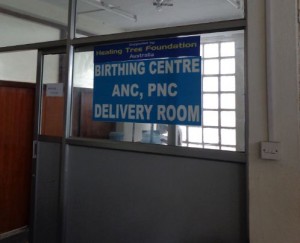
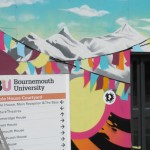 We like to congratulate Ms. Preeti Mahato, Ph.D. student in the Centre for Midwifery, Maternal and Perinal Health (CMMPH) in the Faculty of Health & Social Sciences, has been awarded a Civil Society Scholar Award by the Open Society Foundations for US$ 8,000. The Civil Society Scholar Award offers support for international research activities, such as fieldwork, research visits, or research collaboration at institutions abroad. Preeti has been awarded her scholarship for her Ph.D. fieldwork in Nepal. Her Ph.D. project is a mixed-methods study of birthing centres in Nawalparasi, in southern Nepal. In Nepal, birthing centres act as first contact point for pregnant women seeking maternity services especially basic obstetric care.
We like to congratulate Ms. Preeti Mahato, Ph.D. student in the Centre for Midwifery, Maternal and Perinal Health (CMMPH) in the Faculty of Health & Social Sciences, has been awarded a Civil Society Scholar Award by the Open Society Foundations for US$ 8,000. The Civil Society Scholar Award offers support for international research activities, such as fieldwork, research visits, or research collaboration at institutions abroad. Preeti has been awarded her scholarship for her Ph.D. fieldwork in Nepal. Her Ph.D. project is a mixed-methods study of birthing centres in Nawalparasi, in southern Nepal. In Nepal, birthing centres act as first contact point for pregnant women seeking maternity services especially basic obstetric care.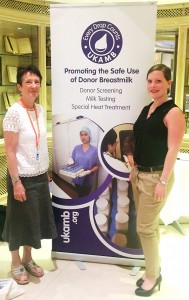
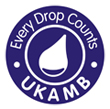 and this great, informative day! If you would like to find out more about human milk banking in the UK or want to become a milk donor visit UKAMB’s website at
and this great, informative day! If you would like to find out more about human milk banking in the UK or want to become a milk donor visit UKAMB’s website at 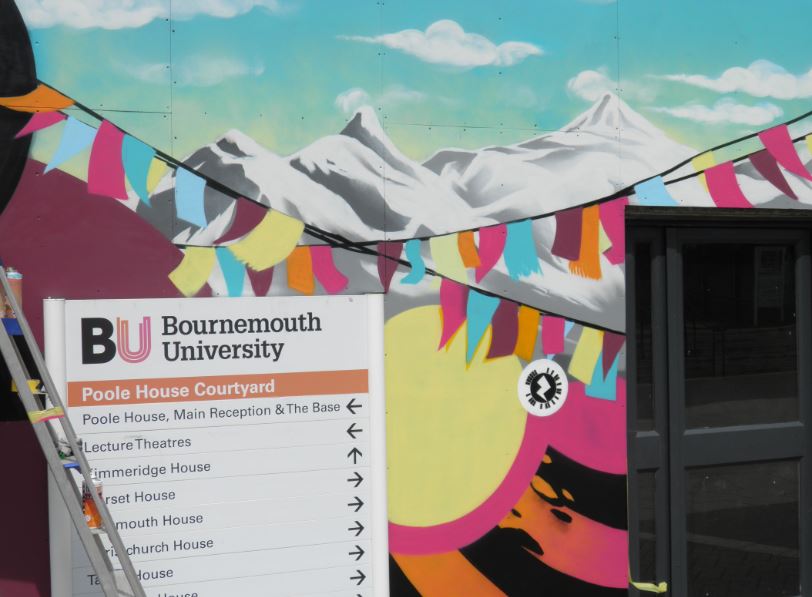
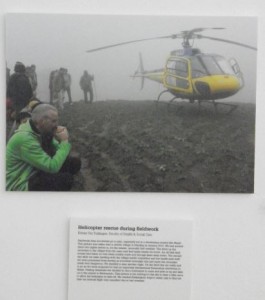

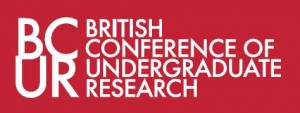
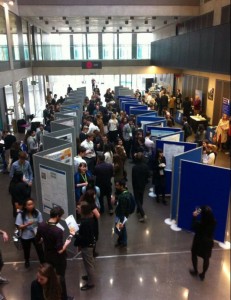 Aaron Wornes, final year international hospitality management student who presented his research on The General Attitudes of Self-Service Technology said “The diversity and level of research that was being presented was enthralling. I felt so proud that I was able to share my interests though my own research. My only regret was that I didn’t hear about BCUR sooner, I can’t wait for Bournemouth to host next year”. Edwin Lewis, a final year Tourism Management student made the following observations, “…it has given me time to reflect not only on my own research and what else I could include, but also the wide variety of undergraduate research that is being studied. The conference really helped me understand how important it is to recognise research projects. I am very excited that BU gets to hold BCUR next year”. Edwin presented his dissertation research on The Impacts of Airline Hubs on the European Aviation Market, A Case Study of the Emirates.
Aaron Wornes, final year international hospitality management student who presented his research on The General Attitudes of Self-Service Technology said “The diversity and level of research that was being presented was enthralling. I felt so proud that I was able to share my interests though my own research. My only regret was that I didn’t hear about BCUR sooner, I can’t wait for Bournemouth to host next year”. Edwin Lewis, a final year Tourism Management student made the following observations, “…it has given me time to reflect not only on my own research and what else I could include, but also the wide variety of undergraduate research that is being studied. The conference really helped me understand how important it is to recognise research projects. I am very excited that BU gets to hold BCUR next year”. Edwin presented his dissertation research on The Impacts of Airline Hubs on the European Aviation Market, A Case Study of the Emirates.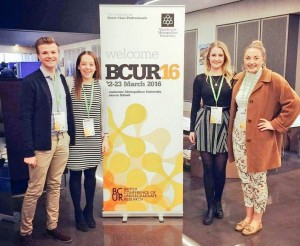
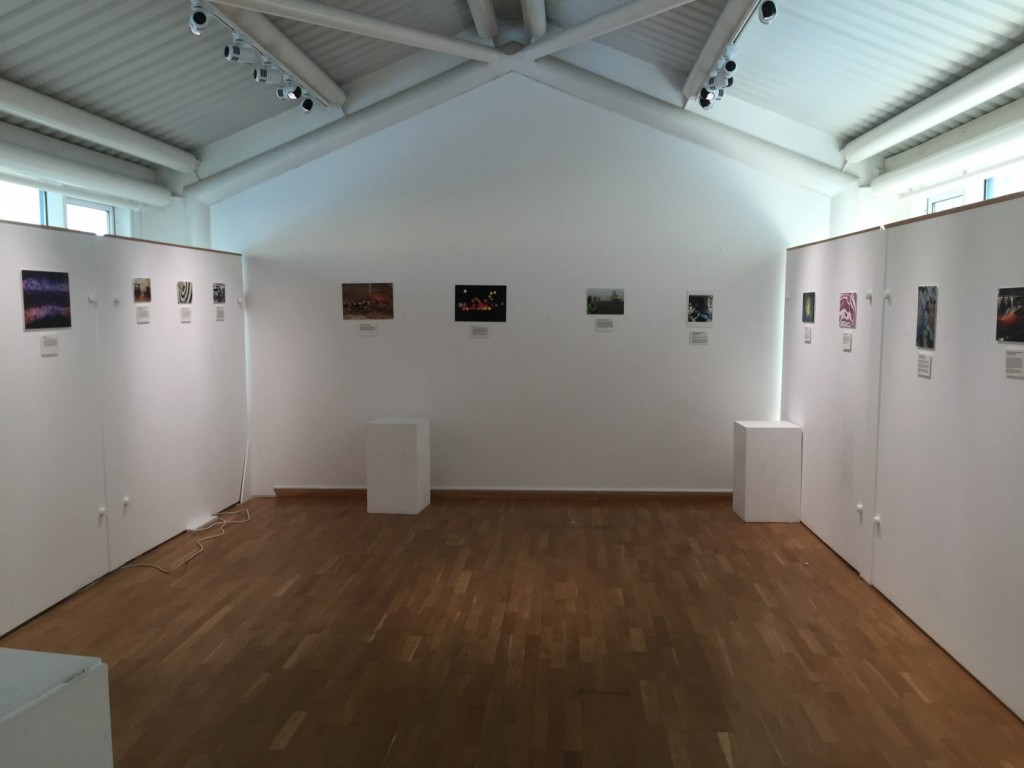
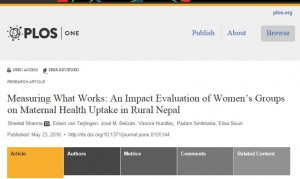
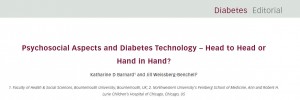
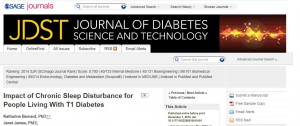
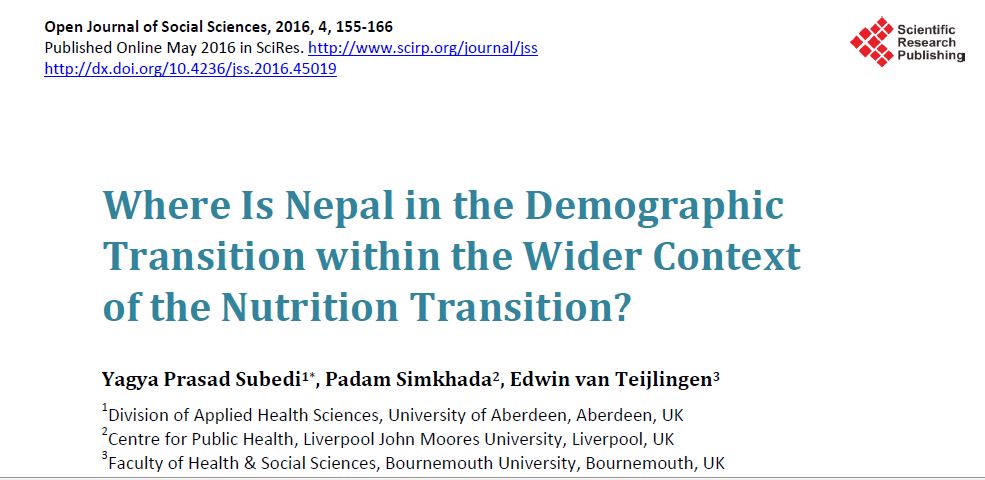
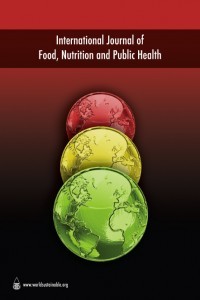




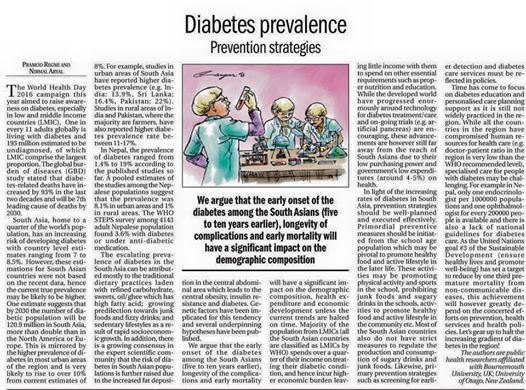











 Missing Persons Indicator Project Recruitment
Missing Persons Indicator Project Recruitment Celebrating our Research: Postgraduate Research Showcase 2026
Celebrating our Research: Postgraduate Research Showcase 2026 Nursing Research REF Impact in Nepal
Nursing Research REF Impact in Nepal Fourth INRC Symposium: From Clinical Applications to Neuro-Inspired Computation
Fourth INRC Symposium: From Clinical Applications to Neuro-Inspired Computation ESRC Festival of Social Science 2025 – Reflecting back and looking ahead to 2026
ESRC Festival of Social Science 2025 – Reflecting back and looking ahead to 2026 3C Event: Research Culture, Community & Cookies – Tuesday 13 January 10-11am
3C Event: Research Culture, Community & Cookies – Tuesday 13 January 10-11am ECR Funding Open Call: Research Culture & Community Grant – Application Deadline Friday 12 December
ECR Funding Open Call: Research Culture & Community Grant – Application Deadline Friday 12 December MSCA Postdoctoral Fellowships 2025 Call
MSCA Postdoctoral Fellowships 2025 Call ERC Advanced Grant 2025 Webinar
ERC Advanced Grant 2025 Webinar Horizon Europe Work Programme 2025 Published
Horizon Europe Work Programme 2025 Published Update on UKRO services
Update on UKRO services European research project exploring use of ‘virtual twins’ to better manage metabolic associated fatty liver disease
European research project exploring use of ‘virtual twins’ to better manage metabolic associated fatty liver disease